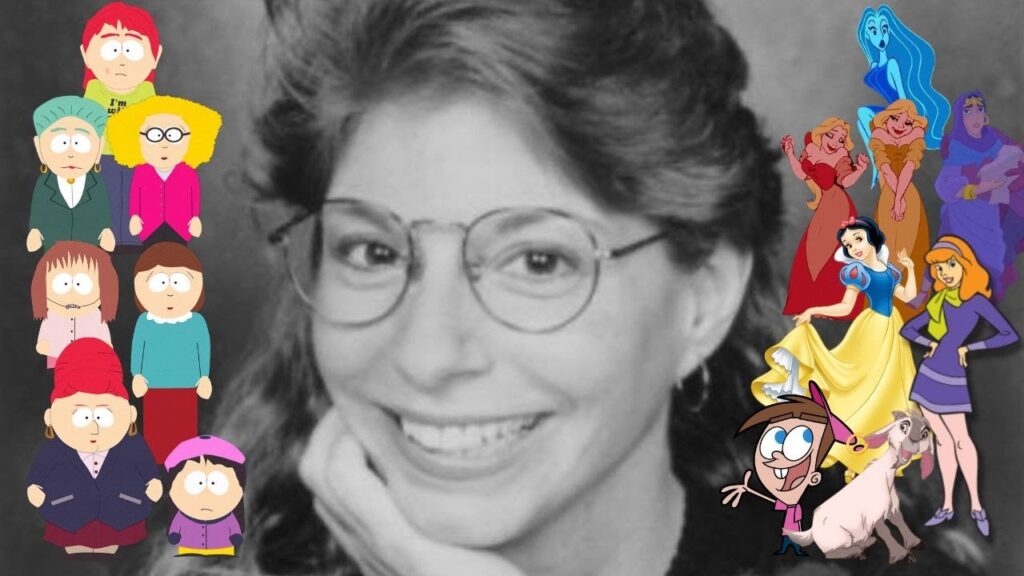
Mary Kay Bergman was a voice actress of extraordinary talent, known for bringing to life many of the most recognizable female characters on South Park. Her vocal versatility, comedic timing, and dedication to her craft made her an essential figure in the world of animation. But behind the curtain of laughter and voices was a woman silently battling inner demons. Bergman’s life ended in tragedy, and her death remains a sobering reminder of the unseen struggles many face.
Born on June 5, 1961, in Los Angeles, California, Mary Kay Bergman grew up with aspirations of becoming an on-screen actress. However, it was her voice—rather than her face—that would become her legacy. After finding limited success in live-action roles, Bergman discovered her niche in voice acting during the 1980s. From that point on, her career began to blossom.
Before her most famous work on South Park, Bergman lent her voice to countless projects. She voiced Snow White for Disney from the late 1980s to the late 1990s, replacing Adriana Caselotti, the original 1937 voice. She also worked on shows like The Fairly OddParents, The Tick, Batman: The Animated Series, and various video games. But it was in 1997, with the debut of South Park, that she entered the mainstream spotlight.
In the early seasons of South Park, Bergman voiced nearly every female character—Wendy Testaburger, Sheila Broflovski (Kyle’s mom), Mrs. McCormick, Liane Cartman, and more. Her range was incredible, seamlessly shifting between characters with distinct voices and personalities. Fans may not have realized at the time that one woman was behind nearly the entire female cast of the show. Her contribution was instrumental in giving South Park its unique tone and comic edge.
Despite her success, Bergman was secretly struggling with severe mental health issues. She had battled depression for much of her life but kept it hidden from her colleagues and even close friends. Those around her described her as energetic, upbeat, and professional—a consummate performer who never let on that anything was wrong. In reality, she was suffering in silence.
On November 11, 1999, Mary Kay Bergman tragically died by suicide at her home in Los Angeles. She was just 38 years old. Her husband, Dino Andrade, later revealed that she had been diagnosed with bipolar disorder and was dealing with intense anxiety and depression. She feared that her mental health would damage her career and reputation, so she kept it to herself.
Her death sent shockwaves through the animation community. Creators Trey Parker and Matt Stone were devastated, as were her many colleagues and fans. The first South Park episode to air after her passing, “Mr. Hankey’s Christmas Classics,” was dedicated to her memory. The show temporarily retired several characters she voiced out of respect before eventually recasting them.
In the wake of her death, her husband founded the Mary Kay Bergman Memorial Fund to support suicide prevention and mental health awareness. It served not only to honor her legacy but also to shine a light on the importance of mental health care—especially in high-pressure, high-performance professions like entertainment.
The story of Mary Kay Bergman is a tragic one, filled with talent, achievement, and a heartbreaking end. Her work continues to entertain and inspire audiences around the world. Yet her story is also a powerful reminder that mental health struggles can affect anyone, even those who seem to be at the top of their game.
Mary Kay Bergman left behind a remarkable body of work—and a haunting message about the importance of compassion, support, and awareness. Her voice lives on, both in the characters she brought to life and in the lessons her life and death continue to teach.